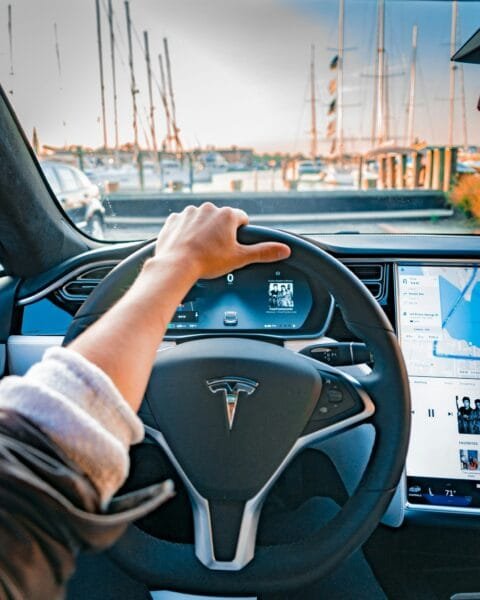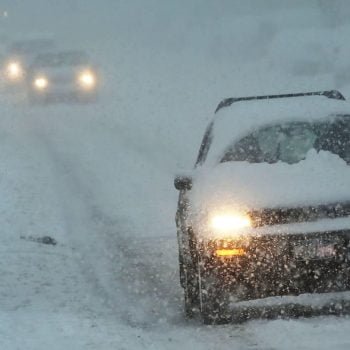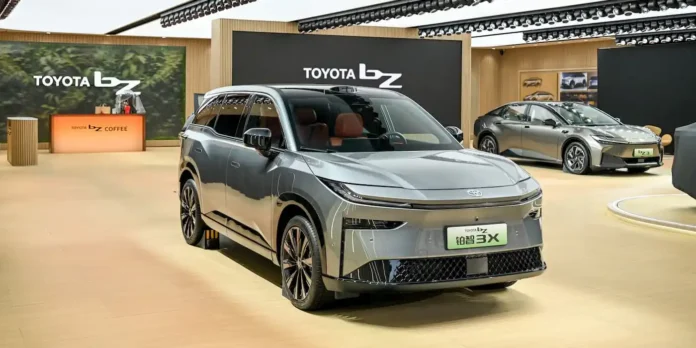The Shift in Tesla’s Legal Battles
The legal landscape surrounding Tesla’s Autopilot and Full Self-Driving (FSD) features is changing rapidly. A groundbreaking verdict in Florida has opened the floodgates for lawsuits involving crashes tied to Tesla’s Advanced Driver Assistance Systems (ADAS). For years, Tesla maintained a strong defense, contending that drivers must remain alert and responsible. However, the recent jury verdict, which imposed a percentage of liability on Tesla, has altered the narratives of accountability.

A Case That Changed the Game
In a striking turn of events, a jury found Tesla responsible for 33% of a fatal crash linked to its Autopilot feature. This ruling not only awarded the plaintiffs 3 million but also set a precedent that could influence ongoing and future lawsuits. As the dust settles on Florida’s verdict, we are witnessing an escalation in legal actions as more families seek justice for tragic incidents under circumstances that raise questions about Tesla’s marketing and safety assurances.
What Lies Ahead?
Tesla is expected to appeal the Florida case, but with several other lawsuits in the pipeline—like Maldonado v. Tesla, which involves a deadly crash that occurred in 2019—it’s clear that the road ahead for the electric vehicle giant is paved with legal obstacles. Expect to see the evidence from these trials publicly disclosed, providing crucial insights that could impact multiple cases involving Tesla’s ADAS systems. As more lawyers, such as Brett Schreiber, amass evidence, it may just be a matter of time before further scrutiny leads to more accountability for Tesla.




